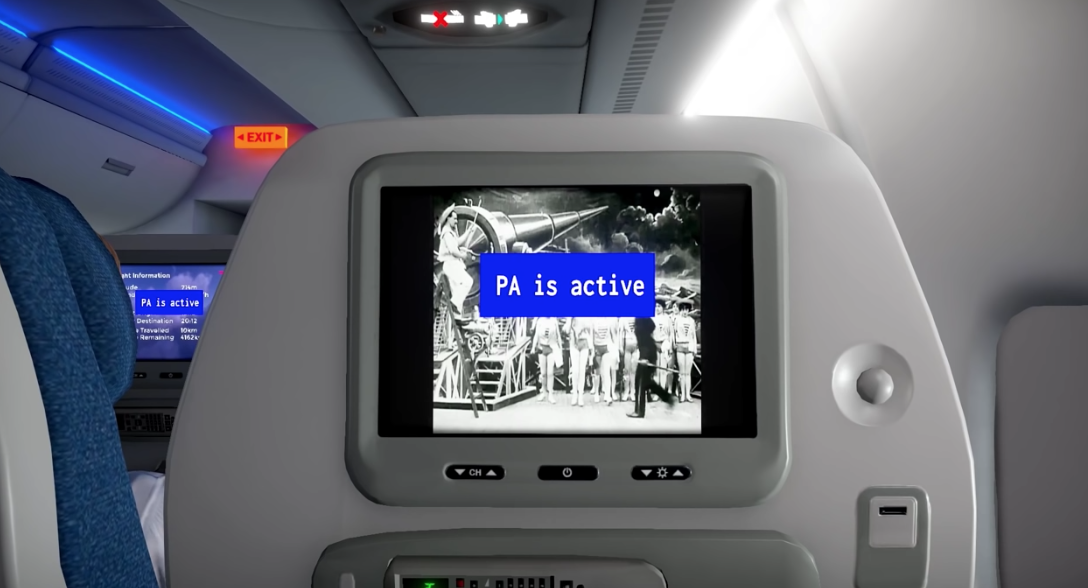In recent years, retro games have made a comeback across the globe. Despite the advanced technology that’s integrated into modern-day titles, new titles are unable to mirror the sense of the nostalgia that comes with old-school developments.
Upon reaching mainstream popularity throughout the 1970s and 1980s, game consoles have since become a staple in many people’s homes. So, in light of the retro revival, let’s take a look at whether the classics are winning over Canadian gamers.
What Do the Numbers Say?
Across Canada, traditional games consoles are still the preferred device among 33 percent of gamers who regularly play video games in 2020, according to Statista. As the platform is still able to hold its own against mobiles and PCs, it’s indicative of the fact that standard consoles remain central to the country’s gaming outlook.
Depending on your age, retro gaming will undoubtedly mean different things. For example, for some, the PlayStation 2 will be a nostalgia-inducing development, while others will instead be more familiar with the Sega Genesis. Despite this, the numbers suggest that Canada’s diverse gaming audience have sought to trial retro devices. As per a report by SlotsOnlineCanada, their study into gaming habits indicated something of a retro revival. Of those surveyed, it was found that 25 percent of all respondents had previously owned an original NES or Super NES.

Source: Pexels
Furthermore, regarding specific titles, the same piece of research also discovered that Nintendo’s Super Mario was the most well-known retro game, with 39 percent recognizing the gaming icon. In light of the resurgence of retro developments, it’s apparent that Canadian gamers continue to play releases from classic video game franchises on old-school consoles.
A Retro Impact on Contemporary Releases
In comparison to modern-day advancements, few can argue against the fact that retro developments provided the foundations for much of the existing gaming market. As they’re based in the heart of Montreal, it’s no surprise that world-renowned developers like Ubisoft have been affected by Canada’s admiration for retro styles.
An example of this can be found in the company’s 2013 release, Far Cry 3: Blood Dragon. Although it’s modern in aesthetics, the game is somewhat inspired by the classic arcade style, with the backstory unfolding through a Nintendo-influenced eight-bit animation, according to The Globe and Mail.

Source: Unsplash
Aside from in-game style, numerous Ubisoft developments have also been inspired by the industry’s history of casual releases. While the retro years brought us Pac-Man and Tetris, for example, the Canadian-based company have sought to replicate this sought-after simplicity in Rayman Mini, a runner platforming game. The title adopts a modernized version of the side-scrolling camera perspective that was often found in old-school games, such as Double Dragon.
An Appreciation for Traditional Gaming Values
There can be no doubts that the classics have won over Canadian players in recent years. Moreover, they’ve also had a significant influence on newly-released developments. Although Ubisoft are unlikely to integrate retro themes into all of their upcoming titles, it’s a testament to the genre’s appeal that old-school styles continue to be utilized.



